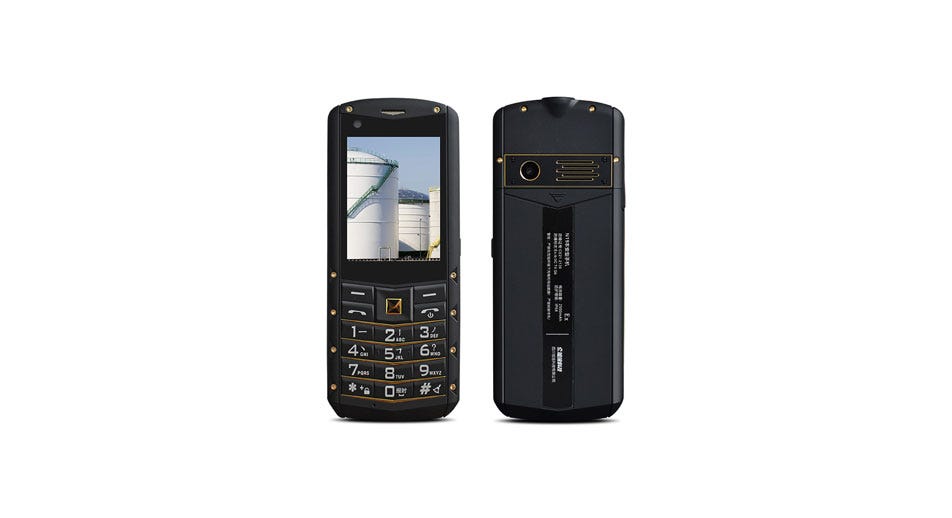The Cybersecurity and Infrastructure Safety Company (CISA), in conjunction with the FBI and Department of Protection, recognized 3 new variants of malware applied by a point out-sponsored North Korean hacking group.
The 3 malware variants are recognized as Copperhedge, Pebbledash and Taintedscribe Copperhedge is a remote entry resource, and the latter two are Trojans. CISA attributed the malware to Hidden Cobra (AKA Lazarus Group), which is credited with much of the nation’s malicious point out-sponsored activity, including Copperhedge, Pebbledash and Taintedscribe.
The CISA notify did not specify how the malware variants ended up remaining applied by nation-point out hackers, or what entities ended up remaining targeting, but the company did say the malware was remaining applied in current danger activity.
“[The] FBI has higher assurance that Hidden Cobra actors are working with malware variants in conjunction with proxy servers to retain a existence on target networks and to more community exploitation,” the CISA malware investigation report said.
U.S. Cyber Command set the malware samples of all 3 variants on VirusTotal, a web page and resource for file and URL investigation, so that other businesses and enterprises can assess and block them. The CISA notify urged people and administrators to assessment the samples in VirusTotal, as well as CISA’s malware investigation reviews, to greater protect on their own from the threats.
North Korea has a historical past of malicious cyber activity, which features noteworthy exploits such as the 2014 Sony Photos hack and the 2013 Dark Seoul attacks. Significantly of its reported malware has consisted of Trojans, but other styles of malware are represented as well, such as proxy malware, worms, the WannaCry ransomware and much more.
A CISA consultant declined to comment more on the notify.






